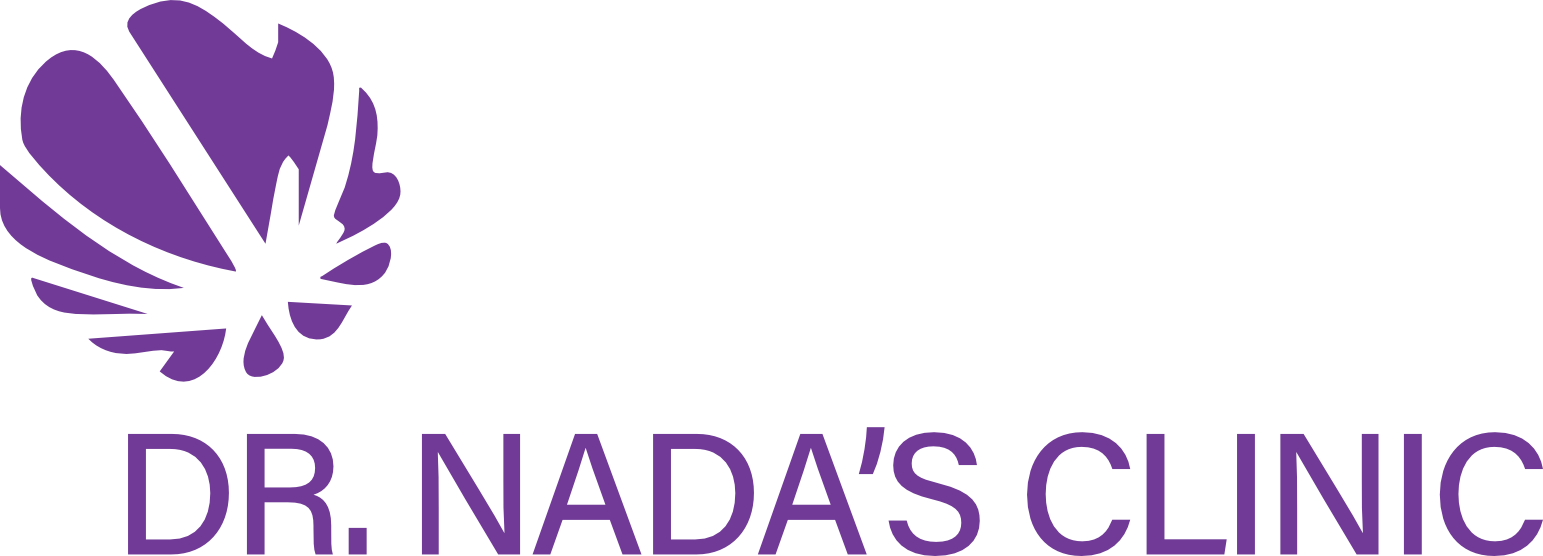What Is an Exosome?
To unravel the intricate universe of exosome therapy, we must commence with the foundational question: What precisely are exosomes? Exosomes are diminutive, membrane-enclosed vesicles that serve as essential mediators of cellular communication. They originate from various cell types, including stem cells, and encapsulate a diverse array of cargoes, encompassing proteins, nucleic acids, and lipids. These minuscule packets of biological information play a pivotal role in delivering signals between cells, influencing cellular behavior, and maintaining the equilibrium of tissues.

What is Exosome Therapy, and When Is It Done?
Exosome therapy, often referred to as exosome stem cell therapy, represents a groundbreaking advancement in regenerative medicine. Its purpose is to harness the curative prowess of exosomes to address a wide spectrum of medical conditions. This innovative therapeutic approach relies on exosomes derived from sources such as stem cells to stimulate tissue regeneration and modulate the immune system.
The decision to embark on exosome therapy is typically made when conventional treatment modalities have proven ineffectual or when individuals seek minimally invasive, holistic methods of recuperation. It becomes particularly relevant when the body’s intrinsic regenerative mechanisms necessitate augmentation, as is the case with osteoarthritis, multiple sclerosis, or recalcitrant chronic wounds.



How Is Exosome Therapy Performed?
One of the distinguishing merits of exosome therapy is its remarkable efficiency and minimal time commitment. Unlike the protracted durations often associated with certain surgical procedures or extensive treatments, exosome therapy is characteristically swift. The entire therapeutic process, encompassing consultation, treatment, and recuperation, is typically accomplished within a matter of hours.
Patients can anticipate a brief period of observation following the therapy to monitor for any immediate reactions. However, in most instances, individuals can promptly return to their daily routines, either on the same day or the day following treatment. The expeditiousness and simplicity of exosome therapy render it an attractive option for those seeking effective remedies without prolonged downtime.
What Are the Benefits of Exosome Therapy?
Having delved into the intricacies of exosome therapy, it is imperative to underscore its manifold advantages, which encompass:
- Customized Medical Approach
Treatment plans are meticulously tailored to accommodate each patient’s idiosyncratic requirements, thereby ensuring the optimization of therapeutic outcomes.
- Promise of Ongoing Research
As research and clinical trials pertaining to exosome therapy continue to evolve, new applications and potential breakthroughs continue to emerge, expanding the horizons of regenerative medicine.
- Versatile Application
Exosome therapy is amenable to a diverse array of medical conditions, encompassing orthopedic injuries, neurological disorders, autoimmune maladies, and even skin rejuvenation. This versatility offers hope to individuals with a broad spectrum of healthcare needs.
- Inflammation Mitigation
Exosomes harbor anti-inflammatory factors, rendering them invaluable in the treatment of conditions characterized by chronic inflammation, including arthritis and autoimmune disorders.
